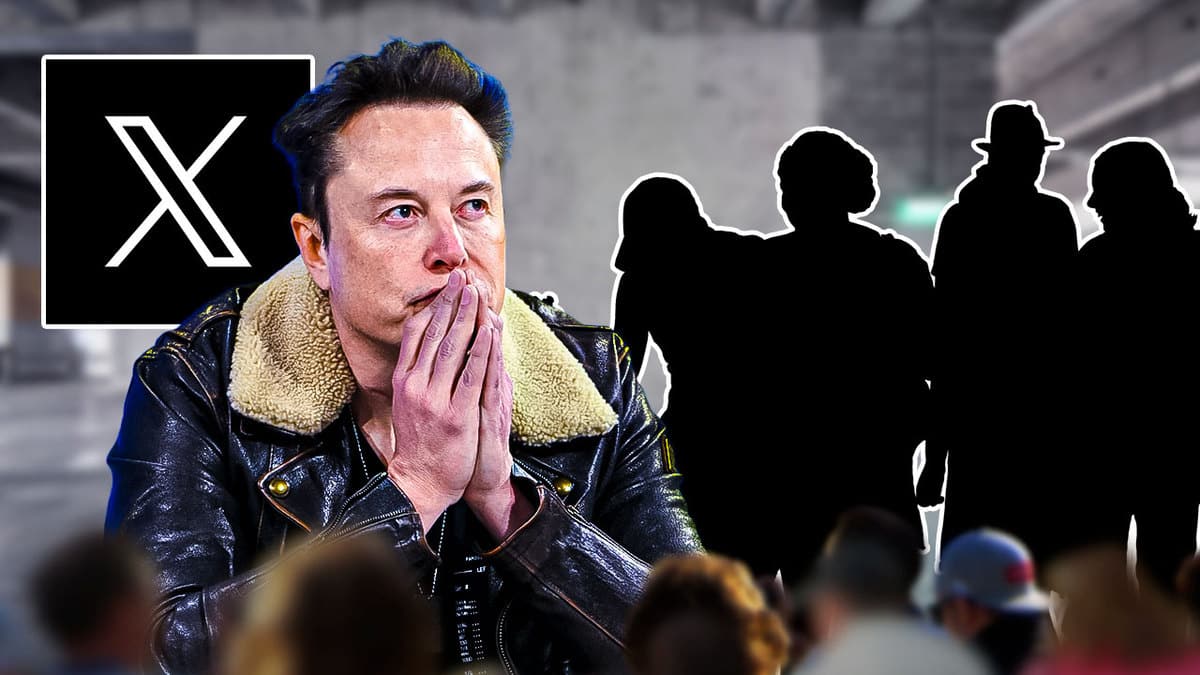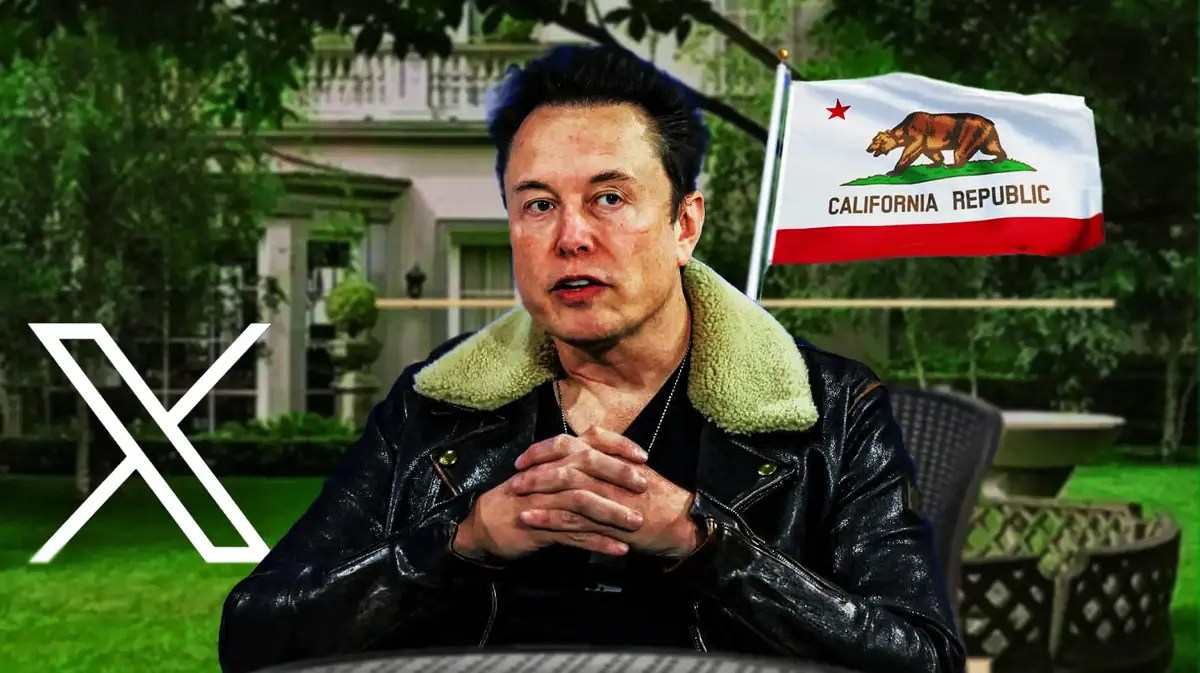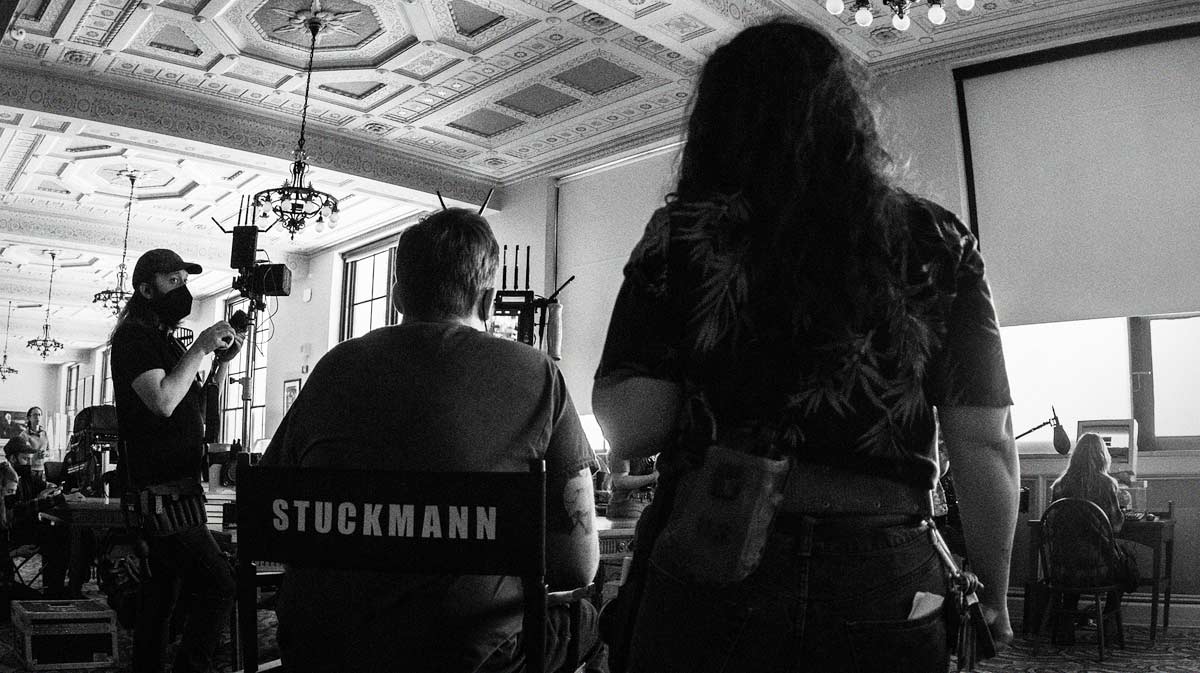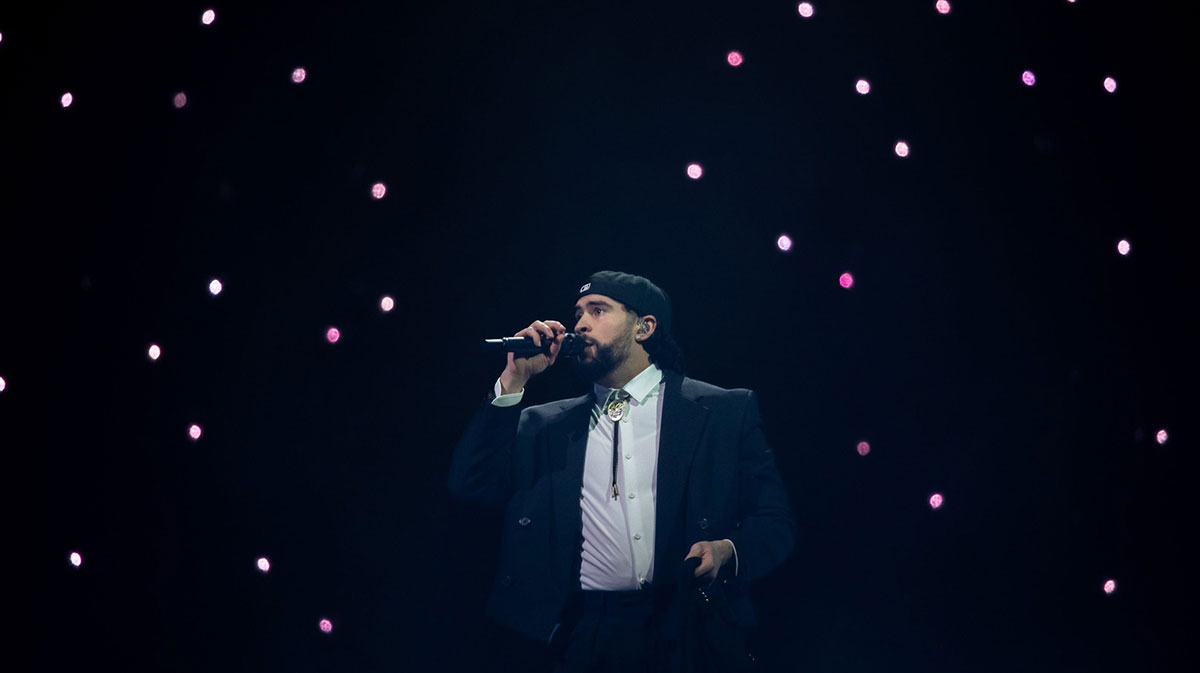Elon Musk's X Corp. (formerly Twitter) has lost its bid to provisionally block a law in California that requires social media platforms to reveal their terms of service and present their reports to the state regarding their content moderation, according to The Hollywood Reporter.
X Corp. and content moderation

On Thursday, California's U.S. District Judge William Shubb denied the company's motion for a preliminary junction. The judge said that he found the reporting requirements were not “unjustified or unduly burdensome within the context of First Amendment law.” Even though compliance may carry a significant burden, Shubb concluded is his ruling that the mandatory disclosures were “uncontroversial” and “merely require(s)” identifying already existing policies.
In September, X filed a lawsuit against the state's Attorney General Rob Bonta after AB 587 passed. AB 587 requires big social media companies to make public their terms of service as well as submit reports regarding their content moderation policies in addressing hate speech, extremism or radicalization, disinformation or misinformation, harassment as well as foreign policy interference.
California's AB 587
X claimed that the law infringes on the First Amendment and the California's constitution, as well as interference with the company's own editorial mandates.
The company's complaint stated, “The legislative record is crystal clear that one of the main purposes of AB 587 — if not the main purpose — is to pressure social media companies to eliminate or minimize content that the government has deemed objectionable.”
However, the court said that the reporting requirements do not infringe on the First Amendment since it only asks for “purely factual” disclosures.
Shubb wrote in his decision, “The required disclosures are also uncontroversial.”
“The mere fact that the reports may be ‘tied in some way to a controversial issue’ does not make the reports themselves controversial,” he elaborated.
He further stated that California met the burden of proof when it showed that the reporting requirements “reasonably related to a substantial government interest” when it prescribed the transparency of social media companies regarding their content moderation rules and regulations. Shubb also said that AB 587 exists for users to “make informed decisions about where they consume and disseminate news.”
One of X's arguments is that AB 587 is preempted by the Communications Decency Act section 230. This law is often used by Big Tech as a shield to protect them from liability as it establishes them as third-party publishers. The court rejected this argument.
Shubb explained, “AB 587 only contemplates liability for failing to make the required disclosures about a company’s terms of service and statistics about content moderation activities, or materially omitting or misrepresenting the required information.”
“It does not provide for any potential liability stemming from a company’s content moderation activities per se,” he concluded in the order.
This news comes a few weeks after Musk threatened to file a “thermonuclear lawsuit” against organization Media Matters when X was accused of running ads alongside white nationalists and pro-Nazi groups.



















